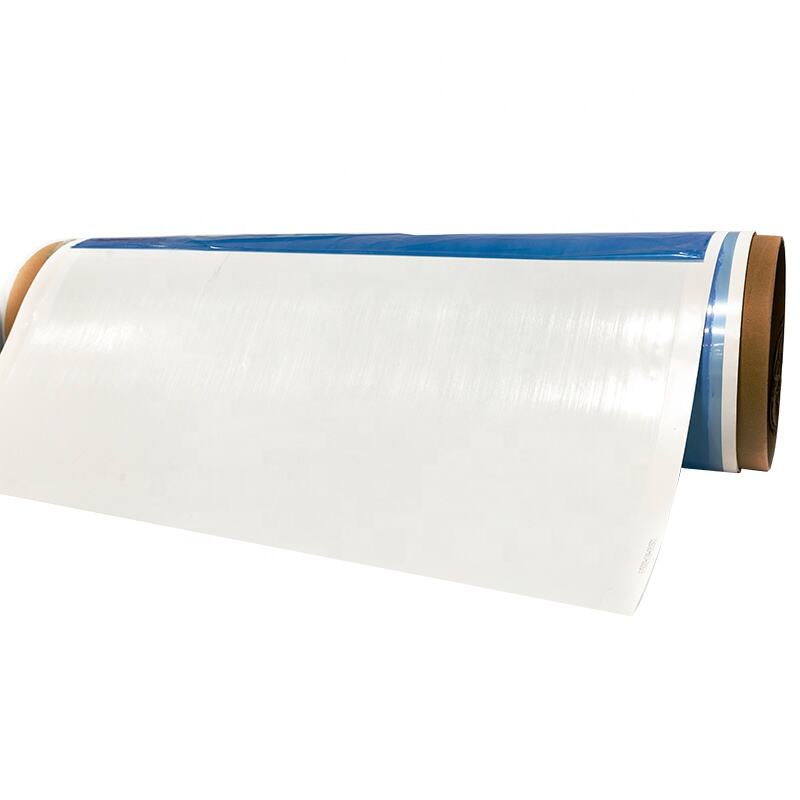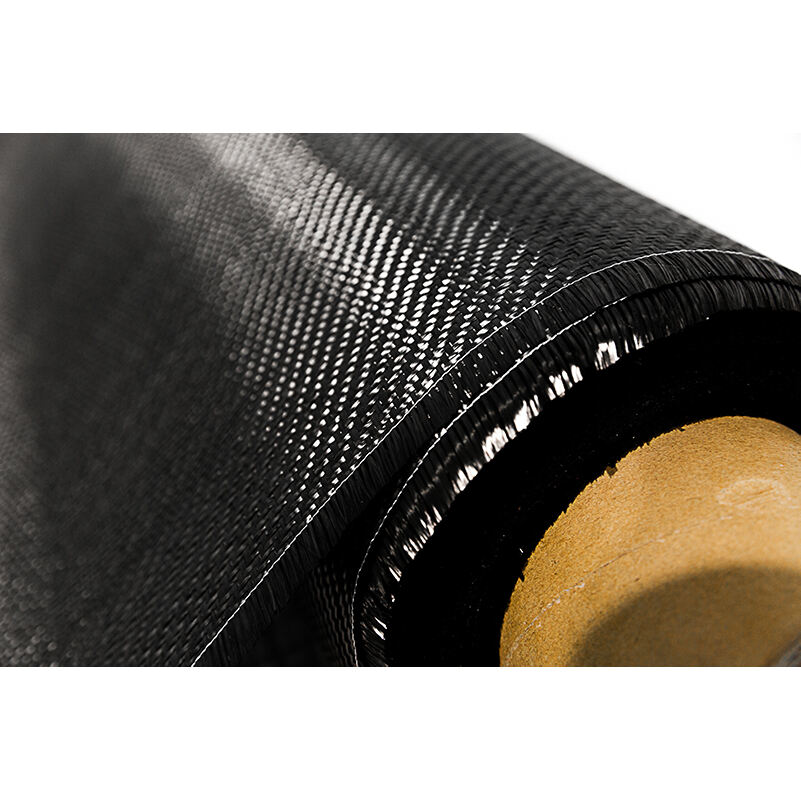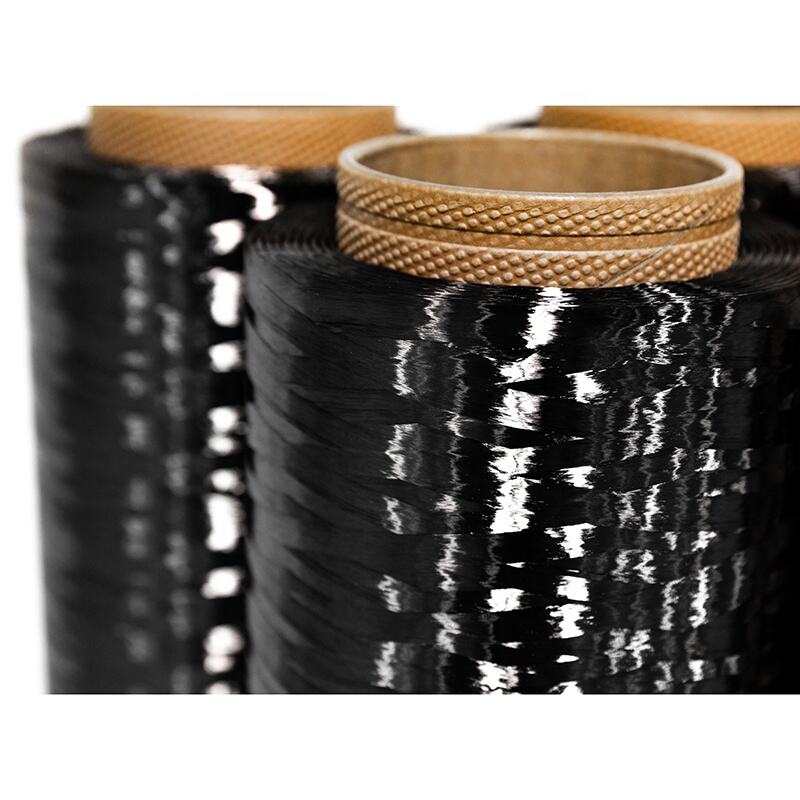carbon fiber yarn
Carbon fiber yarn represents a groundbreaking advancement in textile engineering, consisting of extremely thin filaments primarily composed of carbon atoms. These filaments, measuring approximately 5-10 micrometers in diameter, are bonded together in a crystal alignment that makes them exceptionally strong for their size. The manufacturing process involves the careful oxidation and thermal treatment of precursor materials, typically polyacrylonitrile (PAN), resulting in a high-performance fiber that combines remarkable strength with minimal weight. The yarn exhibits superior tensile strength, temperature resistance, and chemical stability, making it invaluable across multiple industries. Its versatility allows for integration into various composite materials, where it provides structural reinforcement while maintaining flexibility and durability. The material's unique properties enable it to withstand extreme conditions while offering excellent fatigue resistance and dimensional stability. In modern applications, carbon fiber yarn has become essential in aerospace engineering, automotive manufacturing, sporting goods production, and advanced textile development. Its ability to be woven into complex patterns and structures while maintaining its core properties has revolutionized how manufacturers approach material design and implementation.


